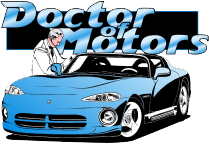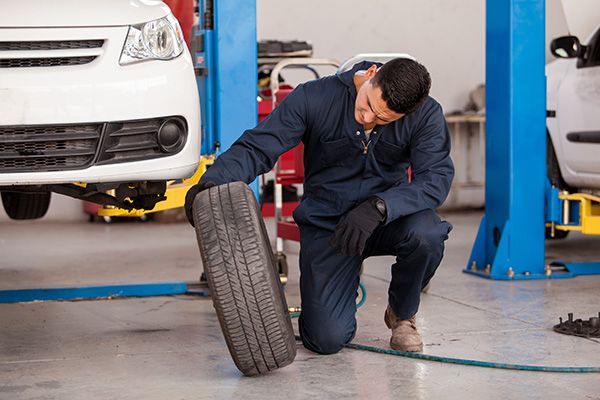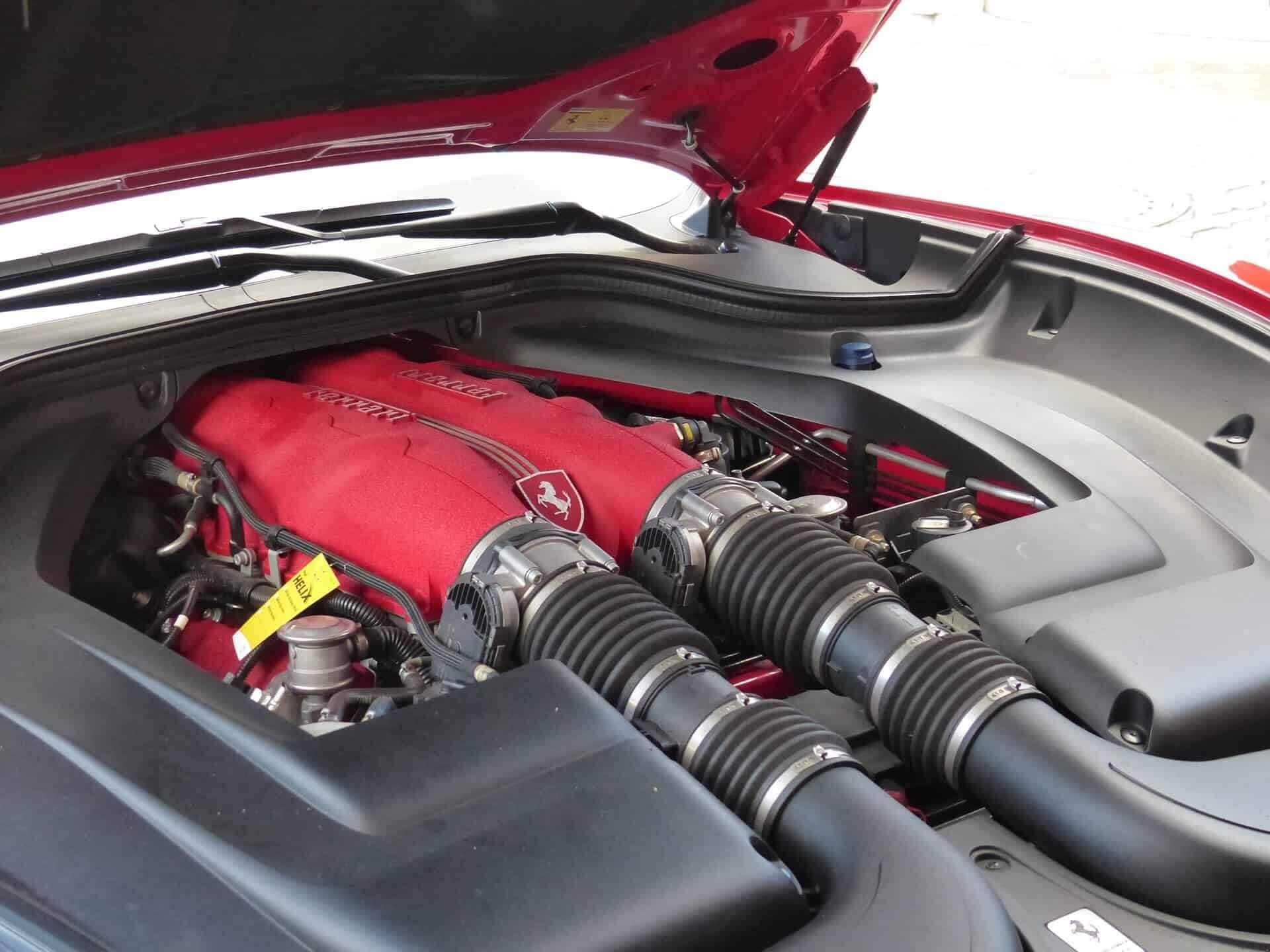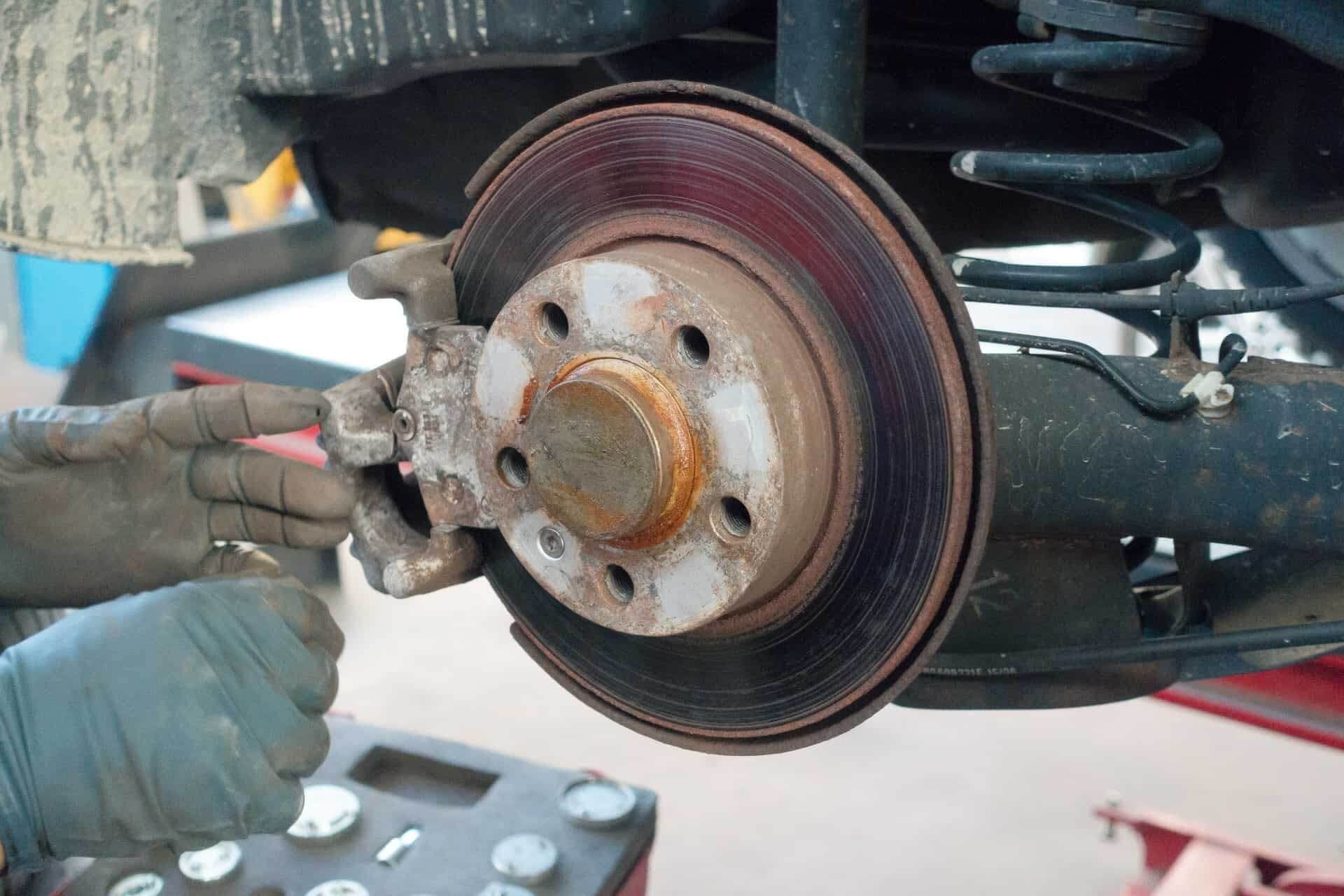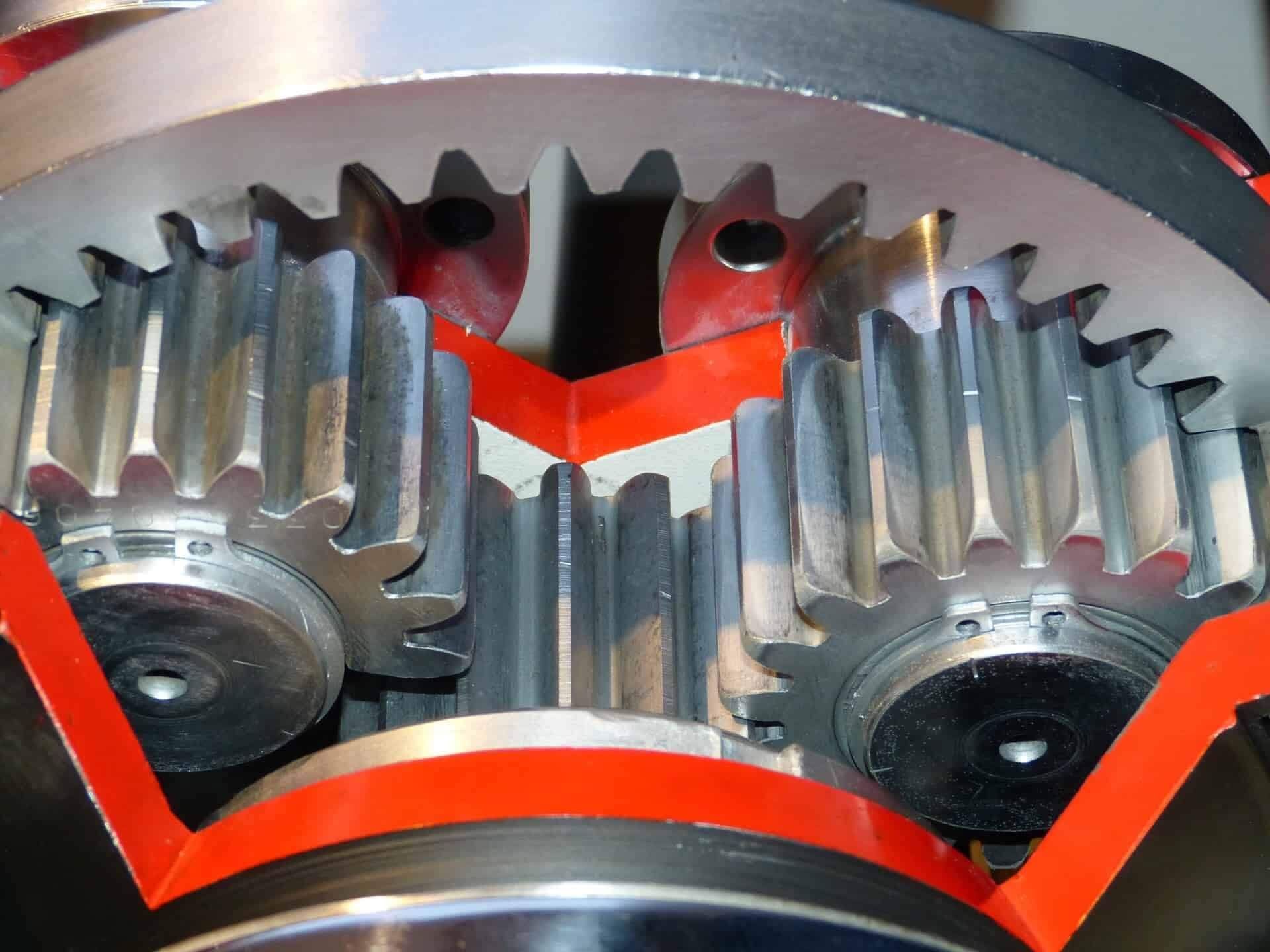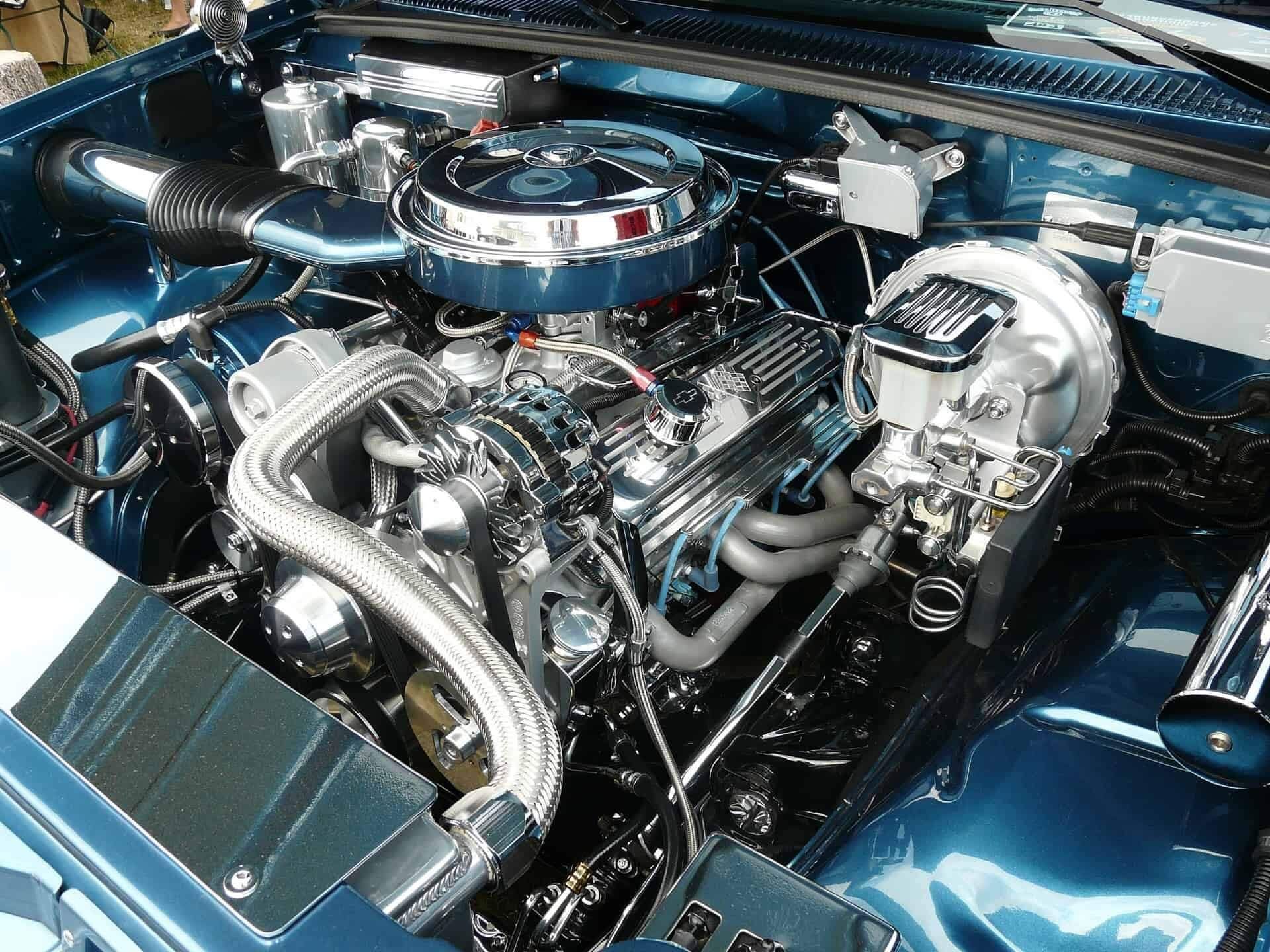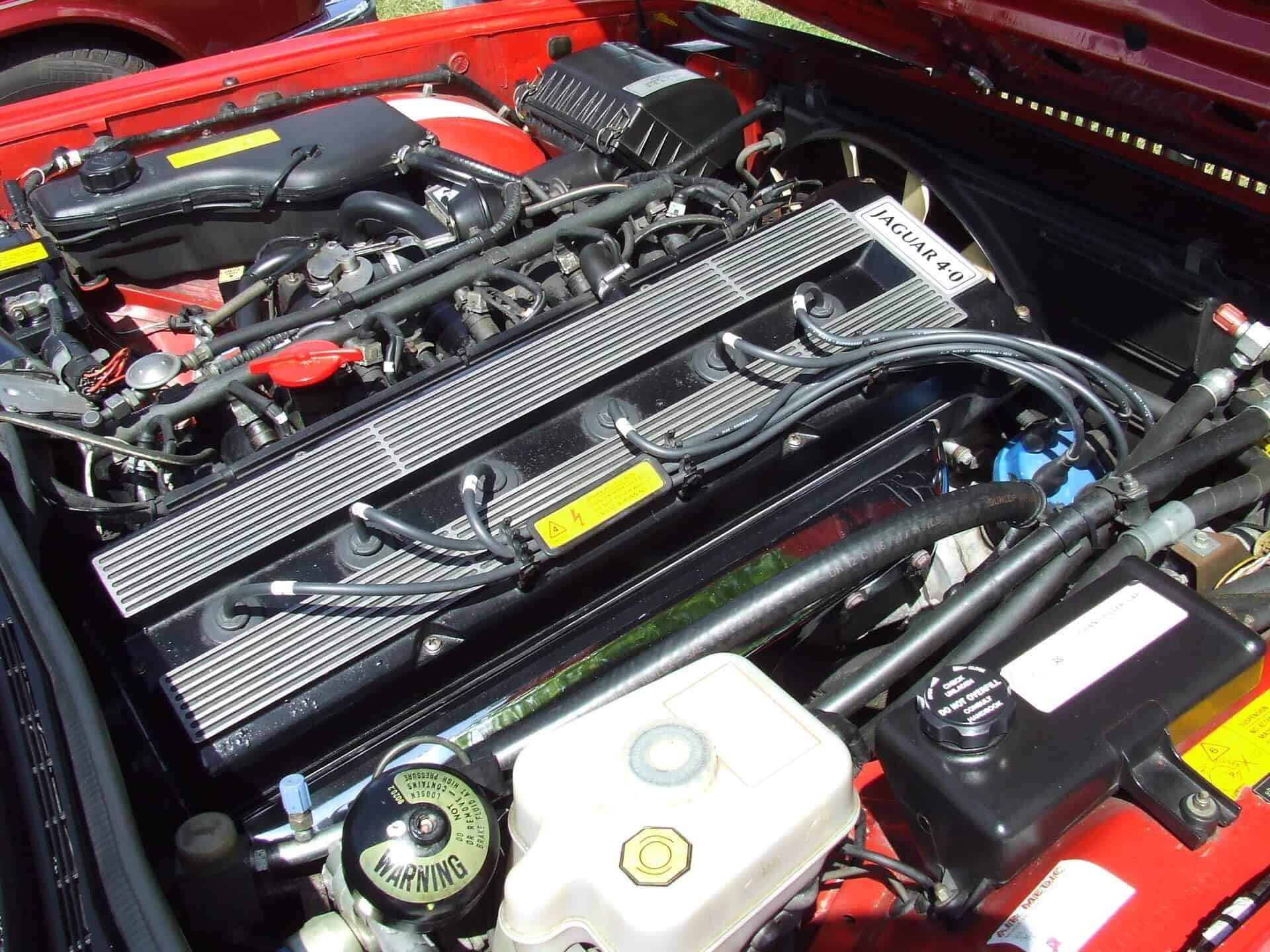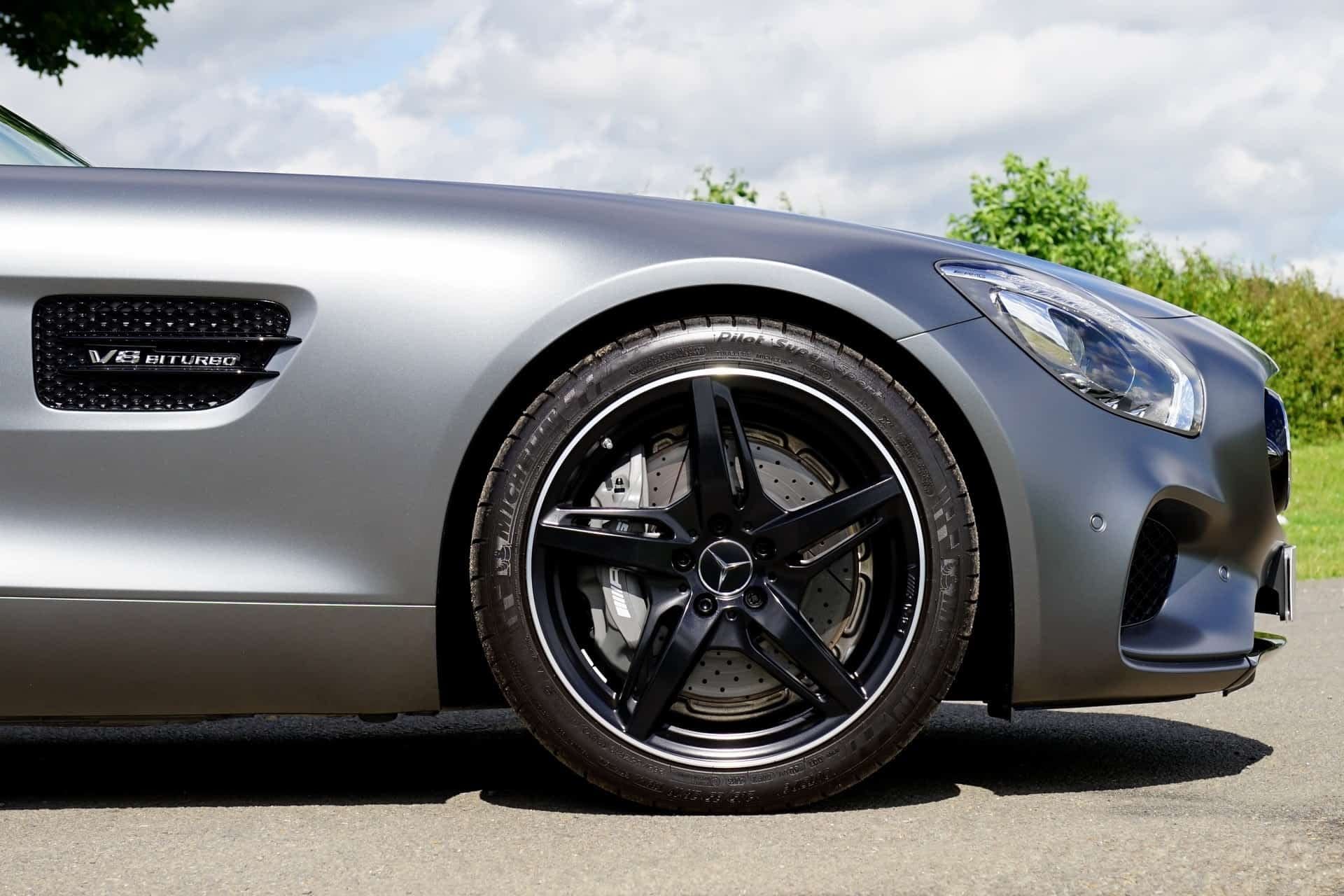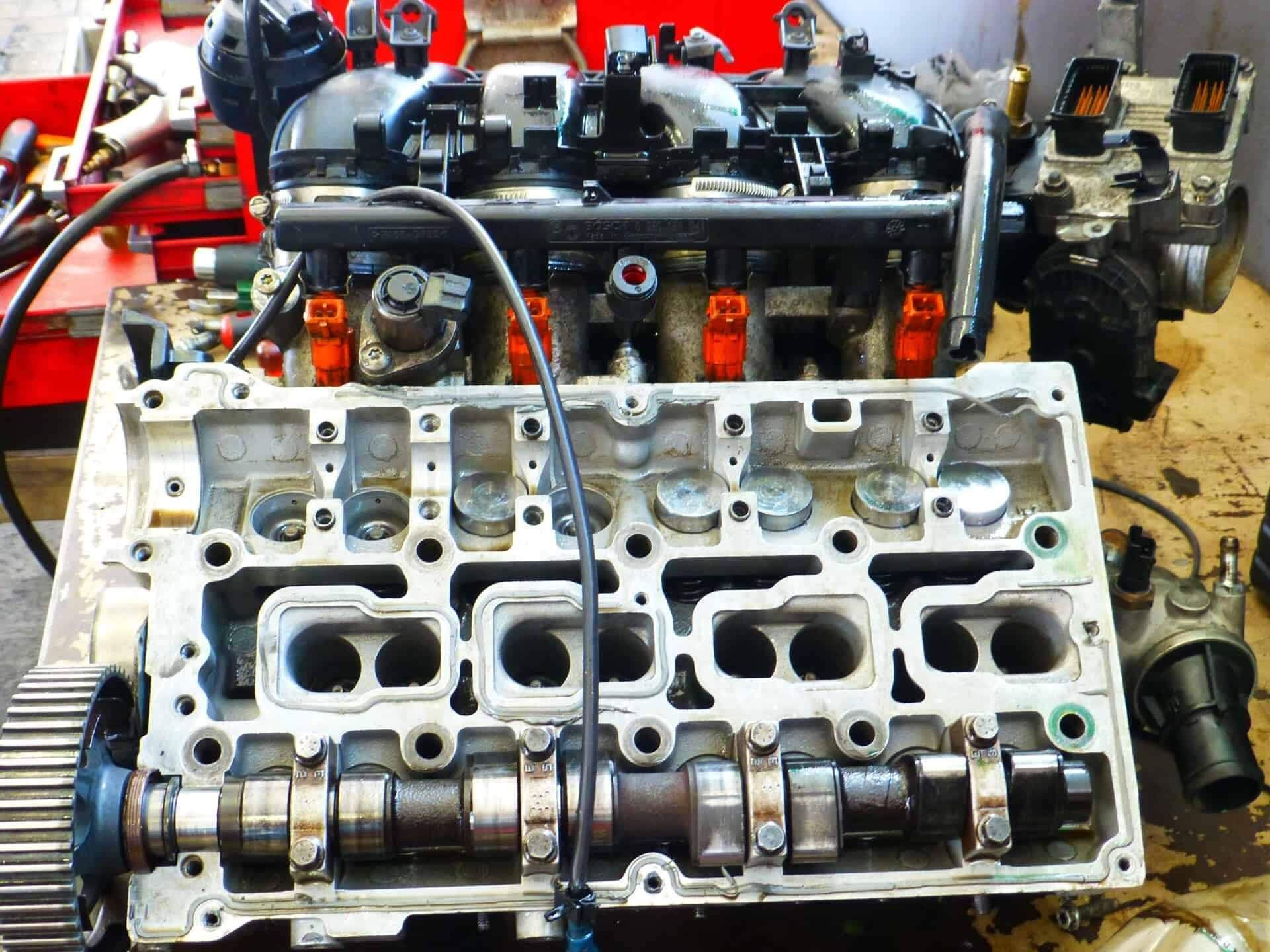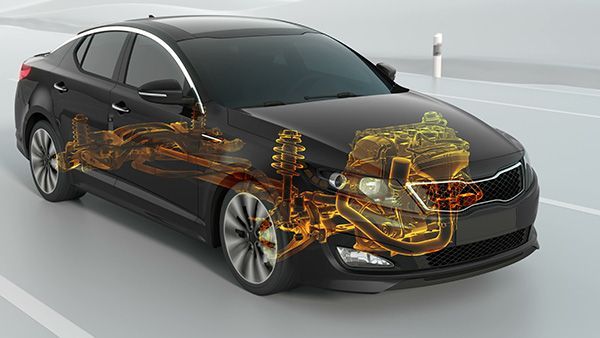
Feeling your car shake when you press the gas pedal is a clear sign that something isn’t right. This kind of vibration usually points to a mechanical or driveline issue, and if left unchecked, it can lead to more serious problems in the future. The good news is that most causes of acceleration-related shaking are well understood and can be diagnosed quickly by a qualified technician.
Here’s a breakdown of the most common reasons your car might shake during acceleration and why it’s important to fix them.
Worn or Damaged CV Axles
If you drive a front-wheel or all-wheel drive vehicle, constant velocity (CV) axles transfer power from the transmission to the wheels. These axles have flexible joints that allow them to move with the suspension and steering. Over time, the CV joints can wear out, especially if the protective rubber boots tear and let in dirt and moisture.
When a CV joint begins to fail, you might feel a rhythmic vibration or hear clicking noises while accelerating or turning. If the joint breaks entirely, the car can lose drive power to one wheel. This is one of the most common causes of shaking during acceleration and should be addressed quickly.
Unbalanced or Damaged Wheels and Tires
If your wheels are out of balance or a tire is damaged, the car may shake, especially when accelerating or reaching higher speeds. A missing wheel weight or a tire with a flat spot can create uneven rotation, leading to noticeable vibration that worsens with speed.
Even something as simple as uneven tire wear can throw off the balance. This issue is often felt through the steering wheel and may also cause the vehicle to pull slightly to one side. A tire and balance check is an easy first step when dealing with a vibration issue.
Engine or Transmission Mount Problems
The engine and transmission mounts keep your powertrain securely attached to the chassis while absorbing vibration. If one of these mounts is cracked or worn out, you might feel the engine move excessively under acceleration. This often feels like a lurch or thump when you step on the gas.
As the problem worsens, you may notice rough shifting, increased engine noise, or even a vibration at idle. Mounts wear gradually, so symptoms can sneak up over time.
Driveshaft or U-Joint Issues
In rear-wheel drive and some all-wheel drive vehicles, the driveshaft transfers power from the transmission to the rear wheels. If the driveshaft is out of balance or the universal joints (U-joints) are worn or dry, the result can be a noticeable vibration, especially under load.
You may feel this vibration through the floor of the vehicle, and it might go away at certain speeds but come back during acceleration. If left unaddressed, driveshaft problems can lead to loud clunking or even component failure.
Brake Issues
Although braking isn’t involved in acceleration, stuck brake calipers or warped rotors can cause drag, making the vehicle vibrate when you apply power. This is especially noticeable if only one wheel is affected, as it creates an uneven load.
A sticking caliper can also lead to overheating, uneven tire wear, and a pulling sensation when driving. If your car shakes and also seems to resist acceleration, it may be worth checking the brake system for any binding or worn parts.
Engine Misfire or Fuel Delivery Problems
If the engine isn’t running smoothly, because of a misfire, a clogged injector, or a weak fuel pump, it can cause the car to hesitate or shudder during acceleration. This type of shake usually feels less like a vibration and more like a stutter or uneven power delivery.
Other signs might include a flashing check engine light, poor fuel economy, or a rough idle. These issues typically require diagnostics with a scan tool to identify which cylinder or system is misbehaving.
Doctor of Motors – Vibration Diagnosis Experts in Chico, CA
At Doctor of Motors in Chico, we understand how frustrating it is to drive a car that shakes or feels unstable. Whether it’s a worn CV axle, misfiring engine, or out-of-balance tires, our team will get to the root of the problem and get your vehicle running smoothly again. Don’t wait until a minor shake turns into a major repair.
Stop by or schedule a diagnostic today, and let us take care of your car with the attention it deserves.
